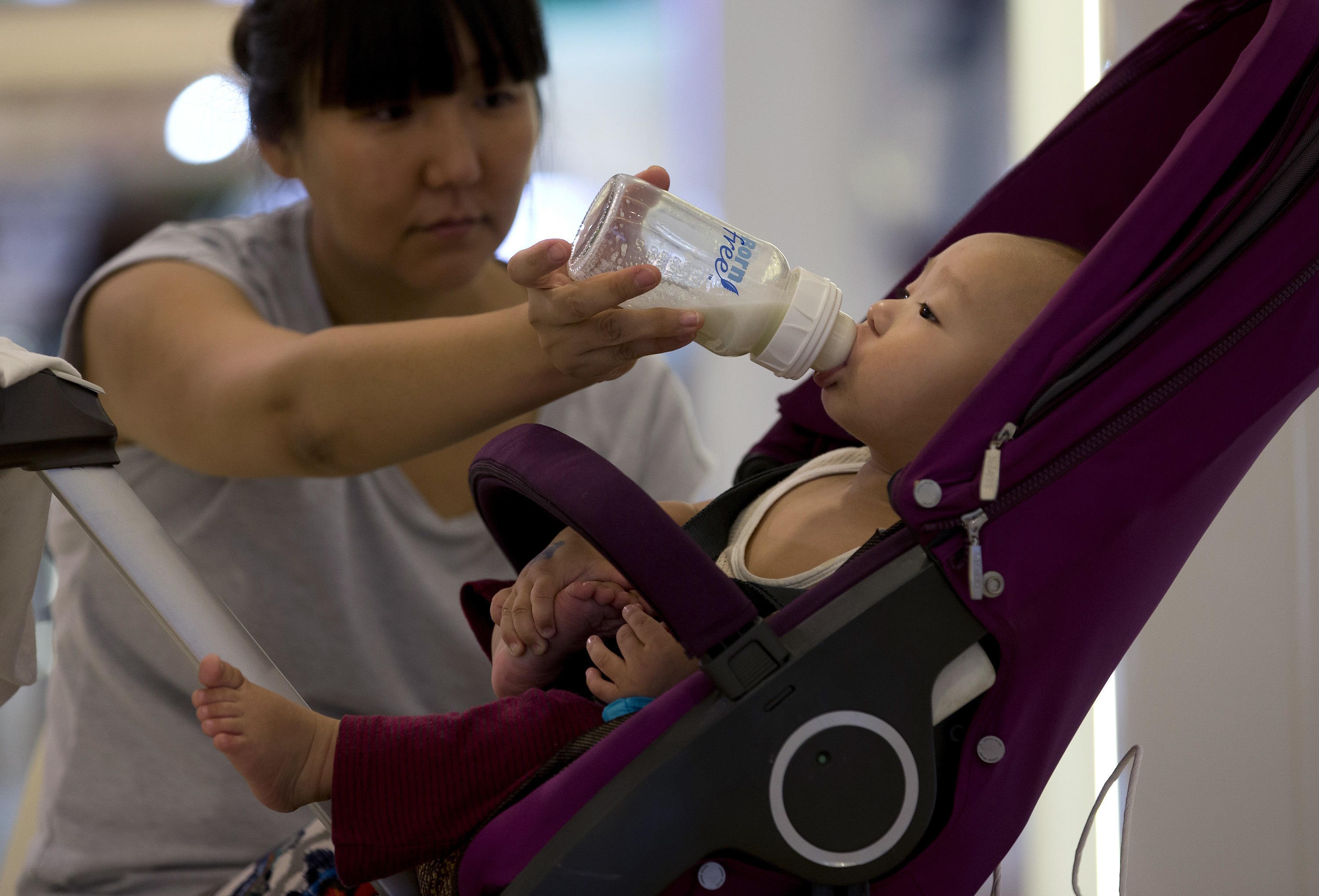Maya Hu had to take a plane and travel almost 8,000 kilometers to freeze her ovules. She did it at a clinic in Sydney. In the city where she resides, Shanghai, she cannot undergo the procedure. The law prohibits her from doing so because she is a single woman. There would be no issue if it were a man: the National Health Commission of China, the body that enacted this regulation almost two decades ago, allows single men to freeze their sperm, regardless of their marital status, while excluding unmarried women.
"I am 34 years old, and now that I have finally achieved full financial independence, I am starting to enjoy life. I have a good job that I want to progress in, and I do not feel like settling down with a partner. I might never do it. I have had very bad experiences in a couple of previous long-term relationships, and I see myself single in the future. I would like to be a mother, still a few years away, but I do not want to miss out on that. I knew that in China, I could not freeze my ovules because single women are not allowed access to assisted reproduction technologies. I have a couple of good friends who work in Australia and they recommended doing it there," explains Maya, an employee of a major technology company in the financial capital of the Asian giant.
Last year, this woman in her thirties went to Sydney. Closer to home, in Hong Kong, another woman from Shanghai, Huang, a 38-year-old finance sector worker, froze her ovules. In her case, she shared her experience on social media. Her post went viral and sparked an online debate. Most of the comments urged the government to change the law so that single women could freeze their ovules, especially when this restriction applies in a country going through its worst demographic crisis in over 60 years.
"For the past two years, the authorities have been offering all kinds of incentives to encourage childbirth and pressuring women to become mothers, but they still do not allow single women like us to resort to assisted reproduction techniques. We are still surrounded by a very traditional, very sexist and misogynistic culture where it is still frowned upon to have children outside of marriage," criticizes Huang.
Six years ago, there was a lot of commotion after a writer named Xu Zaozao sued a hospital in Beijing for "violating her basic rights." The doctor who treated her refused to freeze her ovules because she was a single woman. Xu, who was 30 at the time, initiated the first legal case of this kind, also making a lot of noise in the media. "The gynecologist advised me to get married soon," she said.
Her case was dismissed by a court, which justified that the hospital complied with the law and did not violate Xu's reproductive rights. The writer continued to file more appeals in the following years. Last August, another court rejected her third and final appeal, so she ran out of legal options.
Xu's pioneering fight once again drew media attention to this issue this summer amid a new wave of state incentives - several provinces have started subsidizing in vitro fertilization treatment - for having children, although these are always limited to heterosexual married couples.
The ruling Communist Party has also rolled out nationwide tax benefits and housing subsidies for new parents, as well as an extension of maternity leave. Over the past decade, Chinese leaders have gradually relaxed restrictions around the one-child policy, in place for almost 40 years, by allowing families to have two children in 2016 and welcoming larger families starting in 2021.
Declining Birth Rate in China
In China, home to one-sixth of the world's population, the current demographic crisis is a major concern: in 2023, 9.02 million babies were born, a 5.6% decrease from the 9.56 million in 2022. It was the lowest birth rate since records began in 1949. At this rate, by 2080, the population over 65 is expected to surpass the working-age population.
The debate on ovule freezing moved this year from the courts and social media to politics. Zhao Changlong, an academic who is part of the Chinese People's Political Consultative Conference, the country's top political advisory body, proposed at the annual meeting held in March to support women of childbearing age by lifting restrictions for single women.
"China's population development is facing profound and complex changes. Negative population growth is leading to a low birth rate and an aging population. To promote childbirth, it is necessary to create a social environment favorable to fertility, with crucial aspects being healthcare services," said Zhao. "The demand for egg freezing technology among single women is increasing, but issues related to law and ethics have not been resolved."
This Chinese Parliament advisor also called for not only opening up assisted reproduction technologies to the public regardless of marital status but also improving epidural services for painless childbirth. "The rate of painless childbirth in China has increased from less than 10% in 2018 to the current 30%, but there is still a significant gap compared to the 80% rate in developed countries," Zhao explained.
